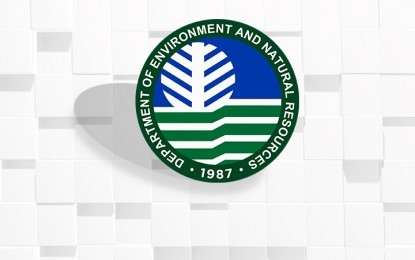
ZAMBOANGA CITY-- The Department of Environment and Natural Resources (DENR) has warned the public against the collection of wild flora from the forest--especially those considered as threatened species--without the necessary permit from the agency.
DENR-Region 9 executive director Crisanta Marlene Rodriguez said Wednesday the collection of wild flora is strictly prohibited under Republic Act 9147, otherwise known as the Wildlife Resources Conservation and Protection Act.
Rodriguez issued the warning as online selling of plants, including wild flora, flourished amid the coronavirus disease (Covid-19) pandemic.
DENR Department Administrative Order No. 2017-11, Rodriguez said, prohibited the “collection and trade of threatened species are prohibited unless such acts are covered under a permit issued by the DENR and the species found in areas under a valid tenure instrument or a parcel of land covered by a title under the Torrens System.”
“Furthermore, collection of plant species within Expanded National Integrated Protected Areas System (E-NIPAS) sites are strictly for research purposes and would require Gratuitous Permits issued by the DENR,” she said.
Violators can face imprisonment from six to 12 years and a fine of PHP100,000 to PHP1 million the wild plants collected are classified as critically endangered, she added.
Some examples of plants considered as critically-endangered, the DENR official said, are the Giant staghorn fern or Capa de Leon (Platycerium grande), Staghorn fern (Platycerium coronarium), and the Waling-waling (Vanda sanderiana).
The other threatened species are the Green Velvet Alocasia (Alocasia micholitziana), Kris plant (Alocasia sanderiana) and the Zebra Plant (Alocasia zebrina).
Rodriguez advised flower growers and enthusiasts to secure proper permits in the collection and trade of plant species, adding she has already instructed the different DENR field offices to strengthen surveillance and monitoring of illegal plant trade.
ScienceDirect studies indicate that aside from harboring crop viruses and other pathogens, wild plants act as important reservoirs and sources of insects, mites, and nematodes.
Certain wild plant species may also be indispensable to a vector as its alternate host, acting as an essential intermediary in the ecology of the virus. (PNA)
